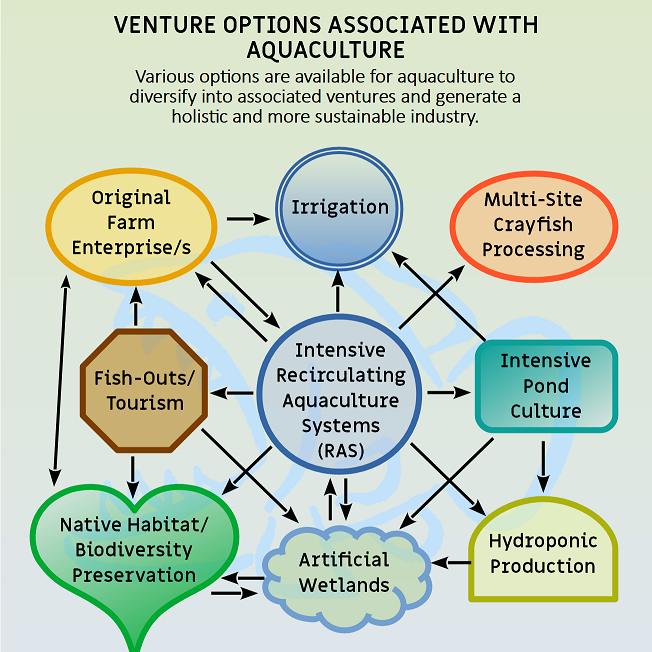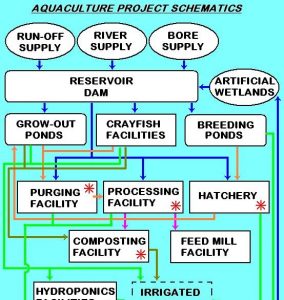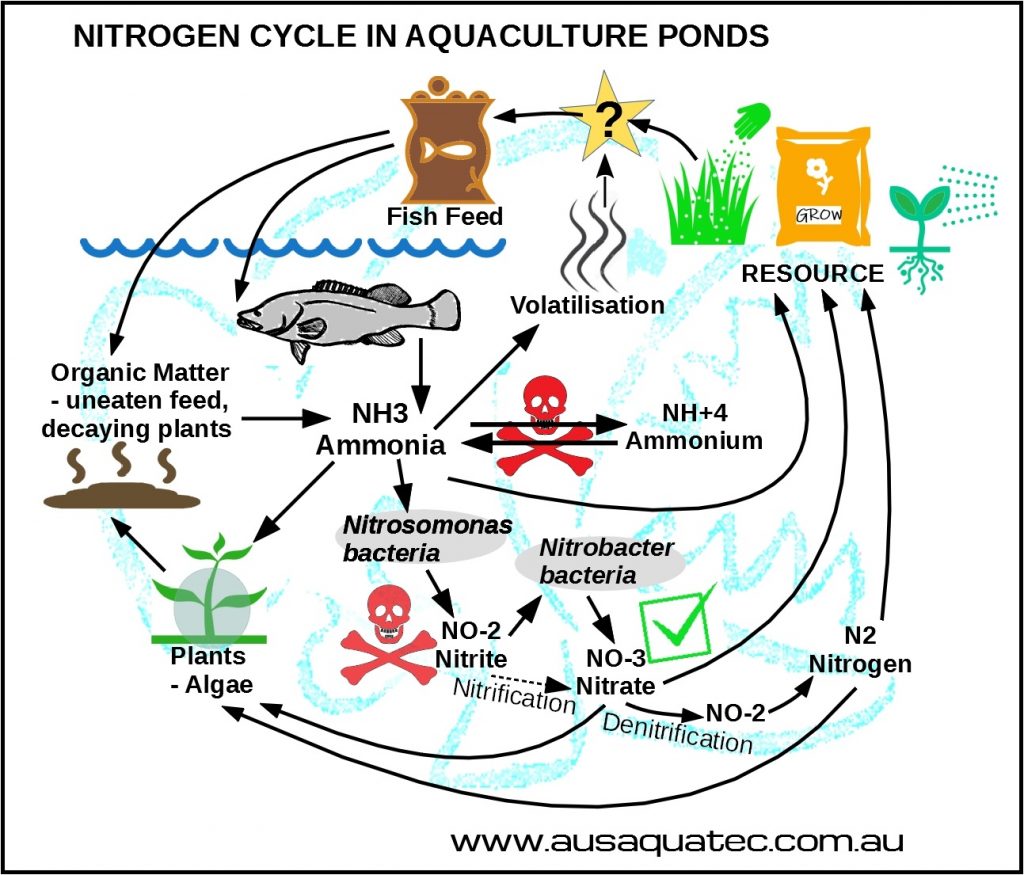Our
Services
What We Do
Consultancy & Project Management
AusAquaTec develop intensive hydroponic and aquaculture enterprises. We specialise in native freshwater fish and crayfish aquaculture facilities utilising either purpose built earth ponds and Recirculating Aquaculture System (RAS) tank-based technology. We also specialise in all methods of hydroponic construction, development and operation. It is imperative to us that we establish both sustainable and profitable commercial operations for the benefit of the Australian agricultural industry. We’re passionate about these rapidly expanding industries and aim to demonstrate to the world Australia’s pre-eminent expertise. For anyone seriously investigating the establishment of their own commercial aquaculture and/or hydroponics enterprise, and in possession of suitable land and water, then please give us a call for preliminary advice.
AusAquaTec’s consultancy services are offered to both small and large projects pending likely chance of productivity and profitability. Venture success can sometimes be determined from initial contact with us via a free-of-charge preliminary assessment and quote. Training is a significant part of what we provide through both written and ‘hands-on’ methods so that not only can AusAquaTec undertake assessment, planning, multi-governmental and legislative liaison and approval, site/species/method selection, report generation through to the critical aquatic animal husbandry, we make sure that you and all involved are competent in every way.
INDUSTRIAL HYDROPONICS
Commercial hydroponics is another agricultural industry with expanding development and prospect. Hydroponics ventures are often ideally complementary with aquaculture both in diversification and sustainable synergism. AusAquaTec offers consultancy in commercial hydroponics from feasibility to project management. An added advantage with employing our services is that we associate with best.
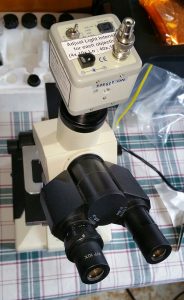
- feasibility analysis
- site & species evaluation
- environmental impact statements
- statement of environmental effects
- commercial farm development plans
- business, marketing & operational plans
- fisheries aquaculture permit applications
- facility construction & project management
- ecologically sustainable development focus
- aquatic organism husbandry & health
- specialised live fish transport service
- mobile diagnostic laboratory
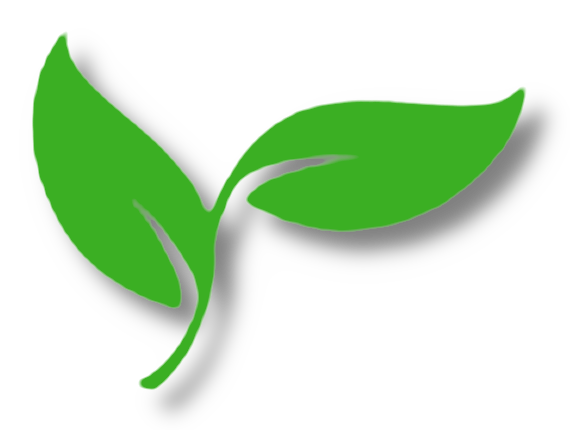
AusAquaTec
Agriculture Working With Nature
Quality is Paramount
One of our major objectives is to establish intensive agricultural ventures producing supreme quality products that create strong market recognition. Hydroponic production can often produce higher quality than traditional farmed produce. Fish and crayfish quality, like any farmed animal, is directly related to stress, and we are experts at aquatic animal husbandry that virtually eliminates stress to maximize growth rates and quality. Quality Assurance provides confidence that quality requirements will be fulfilled.
Working With Nature
Intensive agriculture aims to minimise detrimental impacts on the natural environment by using less space, water and other inputs than traditional farming practices. Aquaculture and hydroponic production techniques often mimic natural processes to produce farmed products, such as replicating the nitrogen cycle within RAS.
Water is a Precious Commodity
Less than 3% of Earth’s water is freshwater, and most of that is inaccessible! The future of agriculture is water minimization and re-use. A significant benefit of intensive agriculture is that it requires far less water than most traditional rural enterprises. Hydroponics is 80% more water efficient than traditional farming. Indoor fish farming recirculates the water through numerous types of filtration, with as little as 5% exchange rates per week. Pond aquaculture waste water is a perfect resource for other agricultural endeavours.
Sustainable Development
Australia developed Ecologically Sustainable Development protocols that seek to achieve environmentally harmonious ethics, social prosperity and maximum profitability. The aim is to obtain perpetual food security whilst generating profitability that enables greater ecological protection and regeneration.
